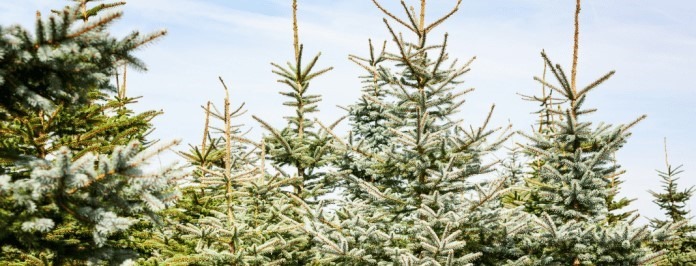
Pre-arm your plants, shrubs and trees while they still have a fighting chance.
How does it work? Chitosan is used primarily as a plant growth enhancer, and as a substance that boosts the ability of plants to defend against fungal infections. Chitosan is found in the shells of crustaceans, such as lobsters, crabs, and shrimp, and in certain other organisms.
Chitosan naturally activates enzymes that boost tree resin levels (by approx. 40%), reducing the number of beetle eggs (by approx. 37%). Resin pitch-out traps and kills the pine beetles, and pre-arms the trees against blue stain mold and disease.
Chitosan will strengthen your plants, shrubs and trees, improve plant drought resistance and protect your pine trees from pine beetles.
In Addition! RESEARCH HAS PROVEN…
Chitosan application improves resistance to Fusarium circinatum in Pinus patula.
Foliar application of chitosan on Pinus radiata D. Don seedlings resulted in the induction of resistance to wound-inoculation with Fusarium circinatum, the causal agent of pitch canker. Induced resistance was expressed as the suppression of symptom development on treated seedlings compared to the controls. Chitosan treatment protected seedlings against wound inoculation with ca100 spores per plant, and reduced disease incidence by 60% and dead top development by 50%, compared to water-treated controls.
And Furthermore!
Chitosan oligosaccharides are the main degradation products from chitosan or chitin and have been reported to induce resistance to diseases in herbaceous plants like cucumber and Arabidopsis. Concomitantly, pine wilt disease is a devastating disease of conifer tree species. Here, we hypothesized that chitosan oligosaccharides induce plant resistance gene (PRG) expression in the woody plant Masson pine, Pinus massoniana. Chitosan oligosaccharides were inoculated into P. massoniana seedlings and the BGISEQ-500 platform was used to generate transcriptomes from chitosan oligosaccharide-treated P. massoniana and control seedlings. A total of 501 differentially expressed genes (DEGs) were identified by comparing the treatment and control groups. A total of 251 (50.1%) DEGs were up-regulated in the treatment relative to the control seedlings and 250 (49.9%) were down-regulated. Inoculation of chitosan oligosaccharide induced the expression of 31 PRGs in P. Massoniana seedlings and the relative expression levels of six of the PRGs were verified by RT-qPCR. This is the first study to demonstrate that chitosan oligosaccharide induces the expression of PRGs in a tree species. These results provide important insights into the function of chitosan oligosaccharides and further the prospects of developing a chitosan oligosaccharide based immune inducer for controlling pine wilt disease.
